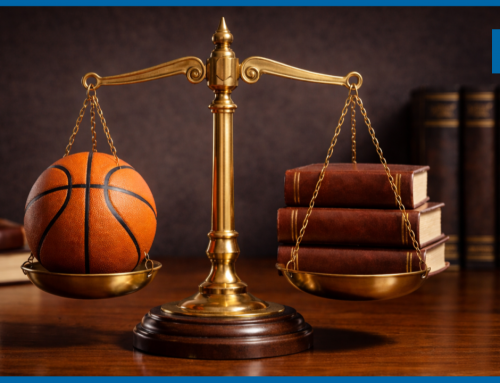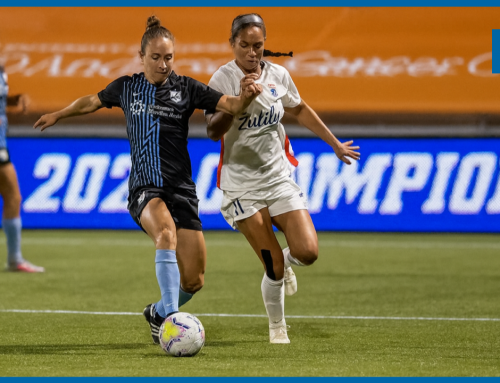Summary article published and translated by the firm Winter – Dávila & Associés
Original article: bebasket.fr
Paris, July 1, 2025
The growing exodus of young French basketball players to American universities is becoming a real headache for professional clubs in France. This trend is based on a legal vacuum that threatens the contractual balance and the economic model of training centers. At the heart of the issue is the absence of an international framework to regulate the departure of contracted players to an entity like the National Collegiate Athletic Association (NCAA – the organization that governs college sports in the United States), which is not affiliated with the International Basketball Federation (FIBA).
Contract termination: an exception, not the rule
Under French law, a fixed-term contract (CDD), such as those binding young basketball players to their clubs, must be fulfilled to its end. The law of November 27, 2015 strictly limits early termination to specific cases: a permanent contract offer (CDI), serious misconduct, force majeure, or professional unfitness. However, there is one exception: mutual termination, provided for in Article 15.1 of the Professional Basketball Collective Agreement.
This provision explains the majority of recent departures to the NCAA, such as the case of Mathis Courbon, who left Roanne for Murray State despite having signed his first professional contract in 2024. The termination was formalized through a cancellation amendment, duly registered with the National Basketball League (LNB).
YOU CAN ALSO READ: International legal conflict over the recognition of the Basque Pelota Federation
LEGAL NOTICE: This article has been prepared for informational purposes only. It is not a substitute for legal advice directed to particular circumstances. You should not take or refrain from taking any legal action based on the information contained without first seeking professional, individualized advice based on your own circumstances. The hiring of a lawyer is an important decision that should not be based solely on advertisements.
If you want advice related to the subject of the
article do not hesitate to contact us!
(email: contact@wdassocies.com)











Leave A Comment